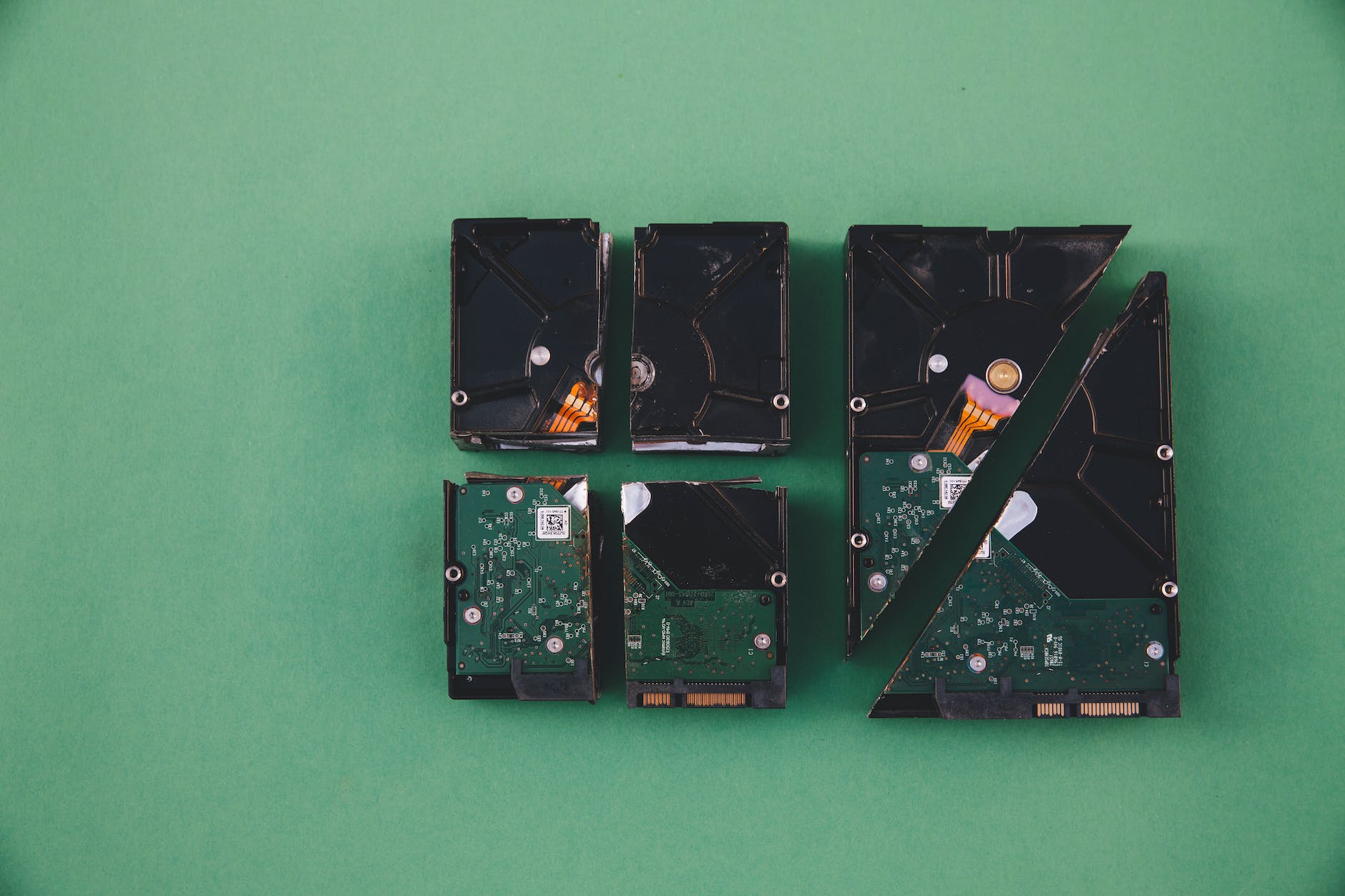The commands in this article are commands I have found useful to figure out what’s taking up space on Linux servers and how to reclaim it.
Inspect Disk Usage
To find out where disk space is being used run
cd / sudo du -h --max-depth=1 | sort -h
This command changes to the root directory and prints an ordered summary of the disk usage in human readable format. Note which directories use a lot of space, cd into one of them and run ls -l to see the files taking up space.
Update: Here’s a simpler command that creates a neat summary of each file and folder in the current directory:
du -cksh *
Get rid of packages that are no longer required
apt-get autoremove: removes libraries and packages that were installed automatically to satisfy the dependency needs of an application. If the application is removed those packages become useless. autoremove removes them and any old Linux kernels that were installed in a system upgrade.
sudo apt-get autoremove
Clear the apt cache
Ubuntu uses APT (Advanced Package Tool) for managing software packages. It keeps a cache of previously downloaded packages even after they are uninstalled. The cache can grow quite large over time.
The cache is kept in /var/cache/apt/archives. Check its usage by doing:
sudo du -h /var/cache/apt/archives # Remove only the outdated packages sudo apt-get autoclean # Remove entire cache sudo apt-get clean
Clear Systemd journals
Systemd keeps logs for many services on your computer and over time, these logs can take up significant amount of space. The commands below allow you to check how much space the logs take up and how to clear it.
# Check usage journalctl --disk-usage # Clear logs older than 3 days sudo journalctl --vacuum-time=3d
Remove older versions of snaps
Snap stores at least two older versions of your application. Use the commands below to remove them
# Check disk space taken up by snaps sudo du -h /var/lib/snapd/snaps | sort -h
Run Bash script to remove unused snaps
You can use this script to clean all older versions of snaps from your computer. Save the script to a file, give it execute permission and run it:
#!/bin/bash
# Removes old revisions of snaps
# CLOSE ALL SNAPS BEFORE RUNNING THIS
set -eu
snap list --all | awk '/disabled/{print $1, $3}' |
while read snapname revision; do
snap remove "$snapname" --revision="$revision"
done
Clear space used by docker objects
Docker objects accumulate over time and can eventually take up a lot of space. Consider running the docker prune command to reclaim space. I wrote an article on how to use it to free up space.
Conclusion
df, apt-get autoclean, autoremove and the docker prune commands are a good combination for reclaiming used space on your computer. I get the most space back from clearing docker images using the docker image prune command.
